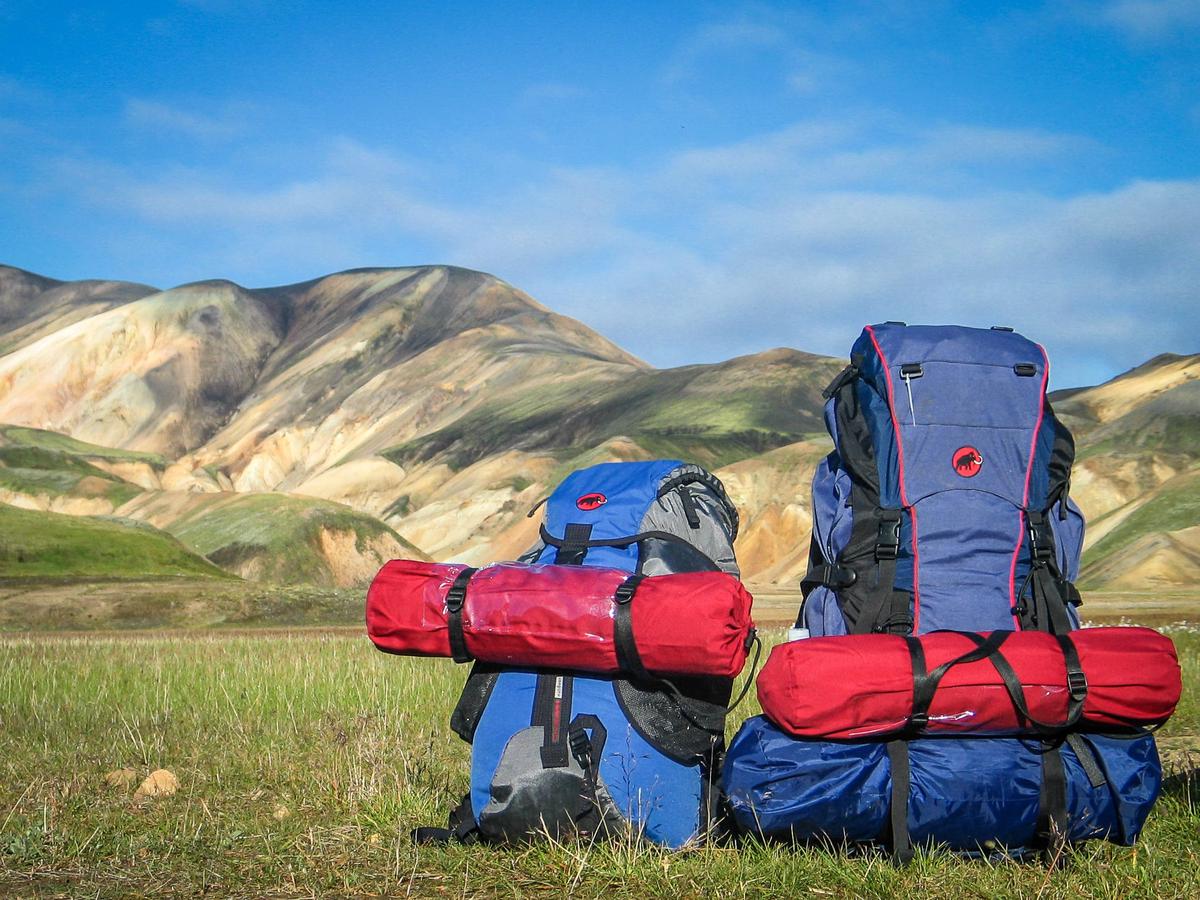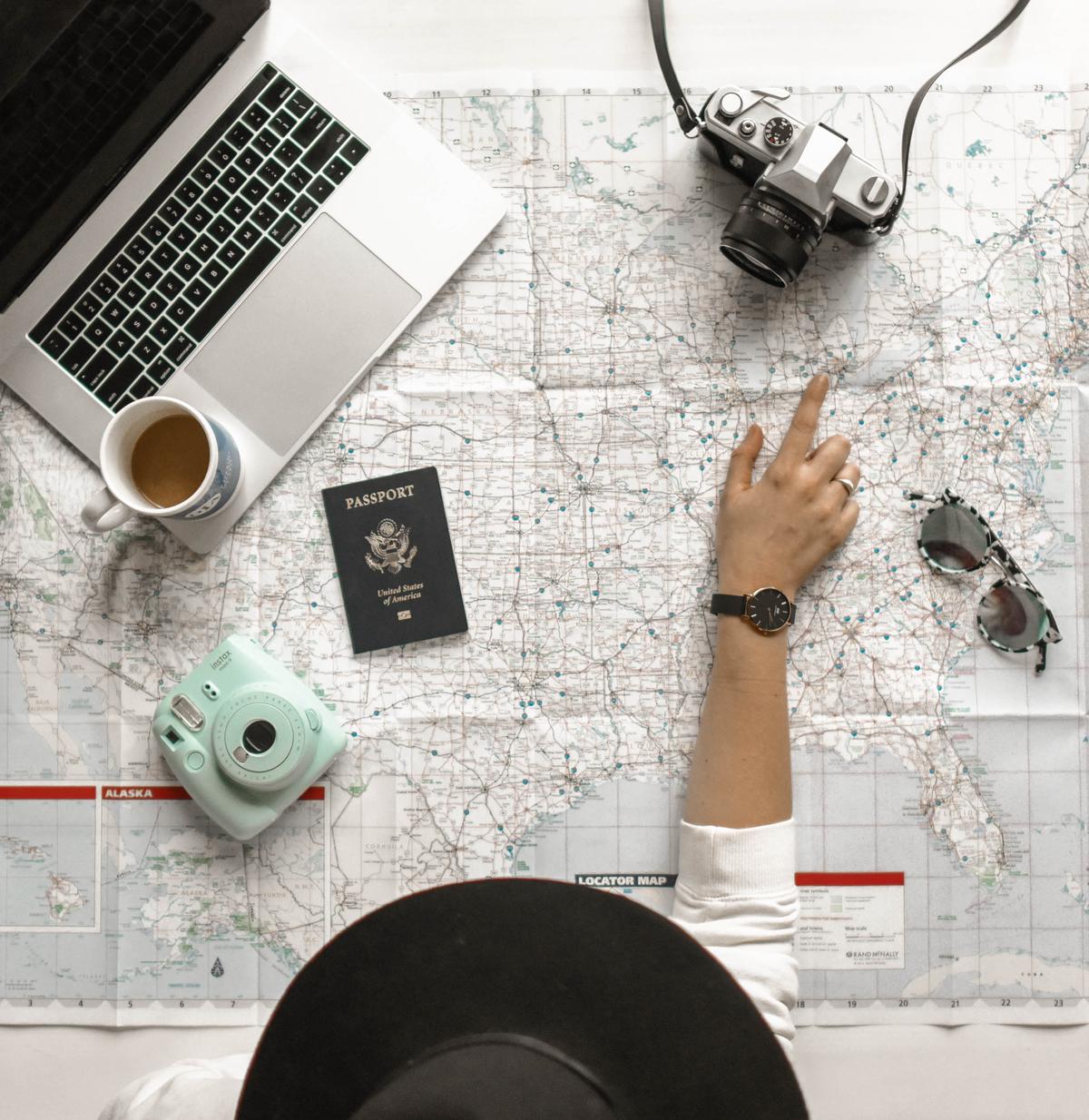Traveling the world is an enriching and incredibly rewarding experience, but it needs not be a pricey endeavor. Regardless of where you wish to visit, understanding and efficiently managing your travel budget can significantly enhance your overall travel experience. This article seeks to equip you with essential knowledge and practical tips on budget travel planning. You’ll learn the basic concepts, discover strategies to plan your trip without breaking the bank, explore expert advice to maximize your budget, and address common misconceptions and hurdles. Whether you’re planning a solo adventure, a family vacation, or a group trip, these budget travel guidelines will aim to make your journey both affordable and enjoyable.
Understanding Budget Travel Planning
Definition and Basics of Budget Travel Planning
Budget travel planning refers to strategically planning a trip or vacation to optimize savings and maximize experiences without overspending. It involves assessing all potential costs such as transportation, accommodation, food, and activities, then finding cost-effective solutions. The core of budget travel is to prioritize experiences over luxury and unnecessary expenses.
Key Concepts in Budget Travel Planning
There are several key elements involved in arranging a budget travel. These include:
- Research: In-depth research about destination choices, accommodation options, available transportation, and potential activities. This research includes looking for cheaper alternatives, discounts, or even free options.
- Budgeting: Based on the research, setting up a realistic spending plan considering the travel duration and personal preferences. It is important to also allocate an unplanned expense allowance to meet any potential emergencies.
- Booking in Advance: It is advisable to book all major expenses like flights and accommodations well in advance to get better deals. Being flexible with travel dates can aid in obtaining cheaper airfares.
- Packing: A budget traveler needs to be smart with packing. Avoiding excess baggage costs and packing necessary items can help save valuable dollars.
Benefits of Budget Travel Planning
The practice of budget travel planning not only helps you save money but it also encourages you to experience more local, authentic experiences. It can reduce stress, as managing finances and avoiding overspending are often top concerns during travel. Furthermore, budget travel can allow more frequent trips as it’s financially less draining.
Budget Travel Styles: Solo, Family, Group
Different types of travel demand different budgeting strategies. Solo travelers have the freedom to choose low-cost options such as hostels, shared accommodations, and public transportation. They can easily adjust their spending according to preference and time.
Family travel, on the other hand, requires a more thorough budget planning. Costs can quickly multiply with each additional traveler. Planning family-friendly activities and meals that are economical yet enjoyable is crucial.
Group travel presents unique budgeting challenges such as coordinating payments, but can provide opportunities for cost sharing. Group discounts on activities and accommodations can be significant.
Importance of Budgeting in Travel
Effective budgeting forms the backbone of any successful travel plan. It helps to manage finances better, avoid unexpected expenses, and stay within a pre-set spending limit. Traveling within a budget can help control finances and avoid ruining the trip due to overspending, while simultaneously exposing travelers to a broader range of experiences.
Understanding Budget Travel Planning
Traveling on a budget does not mean compromising on quality experiences. Often, it allows for a deeper immersion in local customs, dishes, and traditions by making judicious choices that let you do more for less. This might involve tasting local street food, opting for Airbnb rather than conventional hotels, or preferring walking tours to high-priced tourist buses.
Effective budget travel planning needs time, tolerance, and adaptability, but the rewards certainly justify the investment. This strategy enables you to explore more areas of the world without straining your finances.

How to Plan Your Budget Travel
Choosing a Destination Within Your Budget
When selecting a travel destination, your budget plays a crucial role. Initiate your planning by researching various locations and studying the general costs of living as well as tourist expenses. Certain countries or cities might be cheaper or more expensive based on economics, exchange rates, or their popularity among tourists. Numerous online resources, such as Nomad List, Cost of Living, and Budget Your Trip, provide detailed expenditure estimates for various destinations. These websites assist you in estimating expenses for accommodation, food, transportation, and attractions. For example, many budget travelers prefer Asian countries like Thailand, Vietnam, or Cambodia due to their affordability.
Finding Affordable Accommodation
Once you’ve chosen a destination within your financial means, the next step is to secure affordable accommodation. There are various websites like Booking.com, Airbnb, and Hostelworld, that allow you to compare prices of hotels, hostels, guesthouses, and other rental properties. Holiday rental homes or hostels are usually cheaper than hotels and often provide kitchen facilities that will help to reduce your food expenses. To save even more, consider booking ahead or during off-peak seasons, as prices are often lower during these times.
Planning Inexpensive Meals
Meals can often be an overlooked expense when planning a dime-savvy trip. Rather than eating out for every meal, consider purchasing groceries and preparing meals at your accommodation, if facilities are available. Additionally, trying local street food or dining at small, family-run establishments can often provide a cheaper and more authentic dining experience than tourist-centric restaurants. Websites like Numbeo provide cost estimates for restaurant prices and groceries in various countries around the world.
Budget-Friendly Travel Tools and Resources
There are many tools and resources that can assist in budget travel planning. Websites and apps like Skyscanner, Hopper, and Google Flights can help you find the cheapest flights. Another option is to take advantage of budget travel agencies, like STA Travel or StudentUniverse, which offer discounted rates for students and young adults. Many cities also offer discounted or free entrance to museums, attractions, and public transportation with the purchase of a tourist discount card, such as the New York Pass or the Paris Museum Pass.
Planning Commuting and Sightseeing on Limited Finances
Public transportation, biking, or walking are usually the cheapest forms of transportation when exploring a new place. Car rental or use of taxis can be notably more expensive and should be limited where possible. City transportation apps like Citymapper provide directions using public transportation, walking, or biking. For sightseeing, consider free or low-cost activities like exploring public parks or visiting free museums. Websites like Lonely Planet and TripAdvisor offer suggestions for free and inexpensive attractions in various destinations. Alternatively, consider purchasing a city tourist card for unlimited travel and free or discounted entry to top sights.
Saving money while planning your journey doesn’t mean compromising on your experiences. In fact, every dollar saved potentially means an extra day of exploration. By adopting a frugal mindset and prioritizing memorable experiences over materialistic riches, you can extend your stay without draining your bank account. In essence, an unforgettable trip doesn’t have to be expensive.

Expert Tips and Tricks for Budget Travel Planning
Key Strategies for Budget Travel Planning
Setting and adhering to a budget can shape your entire travel experience. However, employing smart planning strategies can help you get the most from your money. A key tactic is to plan your travel well in advance. When you take the time to research and book flights, lodgment, and activities ahead of time, you’re more likely to lock in better deals and make significant savings.
Finding economical flights can often prove challenging. Using flight comparison websites or apps, however, can find the best deal for you. Remember, flexibility in terms of travel dates and destinations usually leads to more significant savings. Traveling mid-week or during off-peak times can often be cheaper than weekend journeys or peak seasons.
Flights aren’t the only significant expense during a trip; accommodation often eats up a substantial part of your travel budget. However, selecting budget-friendly options like hostels, affordable hotels, or vacation rentals can help you hold onto your money. Advance booking, especially during high tourist seasons, can also lead to attractive discounts and generally better rates.
Using Points and Miles for Traveling
Many credit card programs offer points or miles that you can use towards travel expenses. By using these points strategically, you can greatly reduce your travel costs. Some credit cards offer points for every dollar spent, which can later be redeemed for flights, hotel stays, or other travel-related expenses.
Look for credit cards that offer signup bonuses, as these can give you a big points boost right from the start. It’s also a good idea to use a card that offers bonus points for categories you spend a lot in, such as travel or dining.
Maximizing Your Budget While on The Trip
A significant aspect of budget travel planning involves making smart decisions while on the trip. One way to do this is by embracing local culture. Eating and shopping local not only allows you to experience the culture firsthand but also tends to be less expensive. Street food, for example, is often a fraction of the cost of eating in touristy restaurants.
Using public transportation is another effective way to stretch your budget while traveling. Public buses, trains, or trams are generally much cheaper than taxis or rental cars. Plus, they provide an excellent opportunity to interact with locals and get a more authentic experience.
Avoiding Tourist Traps
Tourist traps often charge a premium for the convenience of being close to popular attractions. However, they can significantly deplete your budget. Instead, explore lesser-known areas or visit popular sights early in the morning or late in the afternoon to avoid crowds and high prices. You can also save money by taking advantage of free or low-cost attractions, such as parks or museums.
Real-Life Budget Traveler Experiences
There are countless stories of successful budget travelers who managed to explore the world without breaking the bank. These experiences serve as a testament to the feasibility of budget travel. One such experience involves a traveler who embarked on a year-long journey across Southeast Asia with a budget of just $10,000. Through the use of many of the tips outlined here, she was able to stretch her budget and see more than she could have ever imagined.
Wrapping things up, planning travel on a budget doesn’t have to feel overwhelming. With the correct planning strategies in place, you can not only save substantial amounts but also optimize your travel experiences.

Photo by element5digital on Unsplash
Overcoming Challenges in Budget Travel Planning
Overcoming Challenges in Budget Travel Planning
Several impediments may surface while planning for budget travel. These could span from concerns linked with safety and comfort to the potential language gap in locales where English isn’t dominantly spoken. A prominent anxiety for many is health preservation while traveling, especially given the current global health scenario. However, facing these issues with a positive attitude and diligent pre-travel preparation can mitigate these concerns, making budget travel a fulfilling and enlightening journey.
Addressing Security Concerns in Budget Travel
Traveling on a tight budget can sometimes lead to lodging in less-than-ideal locations or using transport modes that may be seen as risky. However, it is certainly possible to assure safety during budget travel with proper planning and research. It’s crucial to stay informed about local crime statistics, and if possible, select safe neighborhoods for accommodation. Never carry a lot of cash, and instead, opt for cards or digital forms of payment. Avoid walking alone at night, especially in unknown areas. Travel insurance is also indispensable for emergencies as it can provide coverage in case of illness, accidents, or theft.
Comfort on a Budget
Budget-friendly does not necessarily mean sacrificing comfort. Travelers can use online platforms to find affordable accommodations with reputable reviews and adequate amenities. Consider alternatives to traditional hotels, like community-based lodgings, homestays, or hostels. In terms of transportation, using public transport or ride-sharing apps where feasible is affordable and may provide an authentic glimpse into everyday local life. Moreover, planning in advance allows travelers to compare prices, ensuring they make value for money decisions.
Overcoming Language Barriers
Language can be an obstacle in countries where English is not widely spoken. Learning a few key phrases in the local language before departure is beneficial and generally appreciated by locals. It can also be useful to have a translation app downloaded onto a smartphone. If there are serious concerns or complex scenarios that might require advanced language skills, hiring a local guide can be a worthwhile and sometimes affordable investment.
Health is Wealth – Even on Vacation
Staying healthy should be a priority, irrespective of budget constraints. Before departure, ascertain necessary travel vaccinations and medications. Always have a medical kit for basic first-aid. It’s also important to be aware of the health infrastructure in your travel location. Ensuring access to clean and safe food and water sources is crucial, making sure to avoid places that might pose a risk of foodborne illness.
Maximize Enjoyment Despite Budget Constraints
A well-planned budget travel experience can still encompass various enjoyable activities. Prioritizing what experiences are essential can effectively distribute spending. Free attractions, such as parks, beaches, or museums (on free admission days), can add value to the travel experience without additional expenditures. Embracing local cuisines, visiting local markets, or attending community events can also provide deep cultural immersion without breaking the bank.
Unexpected Eventualities During Travel
Unexpected events such as delays or cancellations are possible during travel. To protect their travel investment, budget travelers should consider flexible booking options or small emergency budgets for unexpected situations. Remaining flexible and adaptable during travel is also key, as it can turn unexpected obstacles into thrilling travel surprises.
Traveling well within a small budget is certainly possible
With proactive research, thorough pre-trip planning, and mindful decisions, budget travel can still be safe, comfortable, and highly enjoyable. In overcoming the challenges of budget travel planning, adventurers can experience an abundance of rewarding insights, skills, and memories.

Embarking on a journey with budget constraints isn’t about compromising your enjoyment or safety; instead, it opens up a world of creativity, planning, and smart choices. Overcoming challenges is part of the thrill, turning each trip into an exciting adventure. Equipped with a grasp of budget travel planning, strategic money-saving tips, and a solution-focused mindset to tackle challenges, you can truly make the most out of your travel experiences. Remember that travel should always feel fulfilling, and being able to do it within your means contributes significantly to that fulfillment. Keep these guidelines in mind and go explore the world, one budget-friendly trip at a time.
Writio: Unleash the power of AI writing for your website! This article was authored by Writio.
